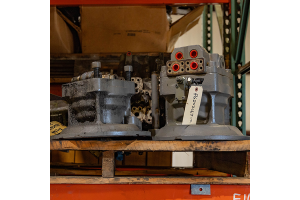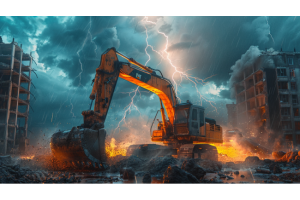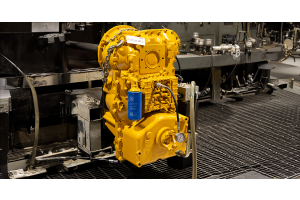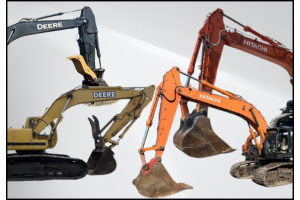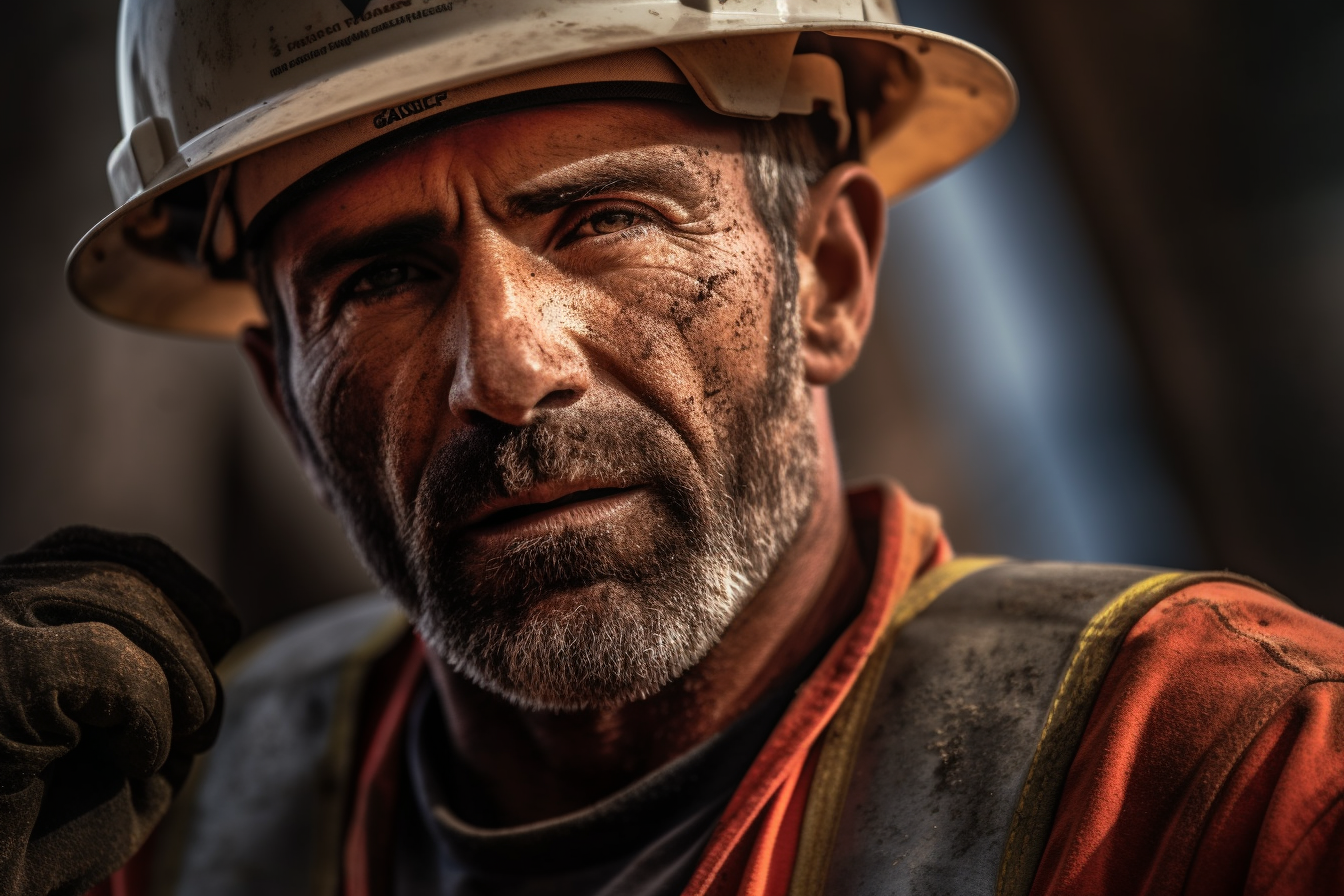
With economists predicting a recession coming soon to the U.S., contractors are again forced to consider contingency plans to keep wheels turning and buckets digging. One strategy, as usual, will be cost-cutting, as contractors look for ways to save.
When it comes to machine maintenance, that likely means steering clear of dealer costs and finding alternative aftermarket companies to buy parts from.
As for the economy's outlook, Associated Builders and Contractors Chief Economist Anirban Basu says contractors should expect a tougher bid environment forgoing forward as they try to add new jobs to their pipelines in the face of even higher price escalations.
"This will be a year of growth, but 2023 could be very different," Basu said during a webcast with ABC members March 30.
"As long as you have supply chain issues, you still have price escalations," Basu said. "And I think 2023 could get that kind of stagflation."
Supply chain issues have hit construction harder than almost any other sector. Shortages have pushed material prices up well over 50%.
Ongoing COVID-19 issues and the war in Ukraine isn't helping the economy.
"Even if COVID went away tomorrow and the Russia-Ukraine war ended, these supply chain troubles last into 2023 and in some cases 2024," he said.
Basu says inflated pricing and persistent labor shortages are already causing owners to hit the brakes on proposed nonresidential projects.
According to ABC's Construction Confidence Index, contractor optimism is starting to fizzle, as companies anticipate a decrease in profit margins. Turning to alternatives in resupplying materials and heavy machine construction parts inevitable.
One area of construction seeing a boom is for multi-family homes.
"Apartment permitting is skyrocketing," Basu said. "Some of you are involved in that multifamily market, and so that should be one of the stronger markets going forward."




